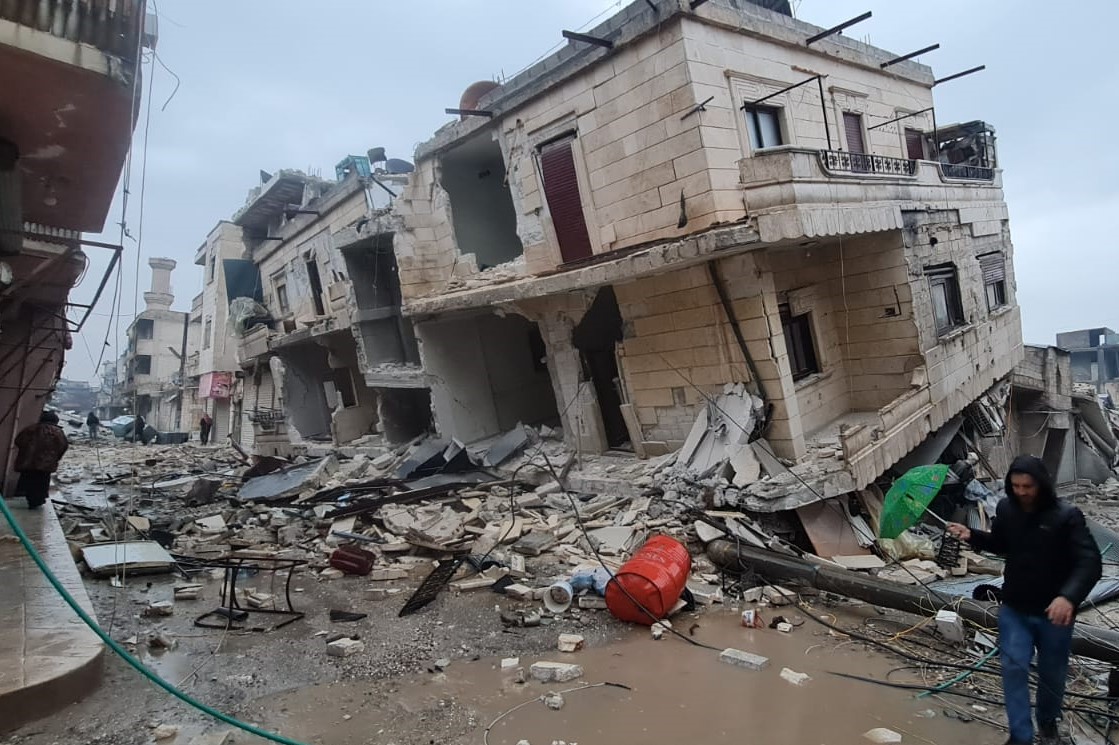
Difference between earthquake, aftershock, foreshock and mainshock
An “earthquake” (also called “earthquake” or “earthquake”) is a sudden vibration or settling of the earth’s crust, caused by the unpredictable movement of a rock mass underground
This displacement is generated by tectonic forces which act constantly within the earth’s crust causing the release of energy in an internal area of the earth called the hypocenter, typically located above pre-existing fractures in the crust called faults; starting from the fracture created a series of elastic waves, called “seismic waves”, propagates in all directions from the hypocenter, giving life to the phenomenon observed on the surface.
The place on the earth’s surface located vertically above the hypocenter is called the “epicenter” and is generally the one most affected by the phenomenon.
According to some researchers it would be possible to predict the arrival of an earthquake in advance but most scientists are of the opposite idea.
Earthquake, aftershock, foreshock and mainshock
An earthquake almost never occurs as a single event, but is sometimes anticipated by milder shocks and very often, after it, there is a series of aftershocks of generally lower intensity than the main seismic event (i.e. the one with the highest Force).
The term “aftershock” is the Anglo-Saxon way to define the aftershock that occurs immediately after the main seismic event, while “foreshock” is the Anglo-Saxon word to define the aftershocks that anticipate the main seismic event.
The term “mainshock” instead indicates the main seismic event, i.e. the most violent and which generally causes the highest number of damages and victims.
If an aftershock is larger than the mainshock, the aftershock is renamed a ‘mainshock’ and the original aftershock is renamed a ‘foreshock’.
Read Also
Emergency Live Even More…Live: Download The New Free App Of Your Newspaper For IOS And Android
Major Emergencies And Panic Management: What To Do And What NOT To Do During And After An Earthquake
Disaster Psychology: Meaning, Areas, Applications, Training
Earthquake And Loss Of Control: Psychologist Explains The Psychological Risks Of An Earthquake
Difference Between Wave And Shaking Earthquake. Which Does More Damage?
Civil Protection Mobile Column In Italy: What It Is And When It Is Activated
Earthquakes And Ruins: How Does An USAR Rescuer Operates? – Brief Interview To Nicola Bortoli
Earthquakes And Natural Disasters: What Do We Mean When We Talk About The ‘Triangle Of Life’?
Earthquake Bag, The Essential Emergency Kit In Case Of Disasters: VIDEO
Disaster Emergency Kit: how to realize it
Earthquake Bag : What To Include In Your Grab & Go Emergency Kit
How Unprepared Are You For An Earthquake?
Emergency Backpacks: How To Provide A Proper Maintenance? Video And Tips
Earthquake and How Jordanian hotels manage safety and security
PTSD: First responders find themselves into Daniel artworks
Emergency preparedness for our pets


